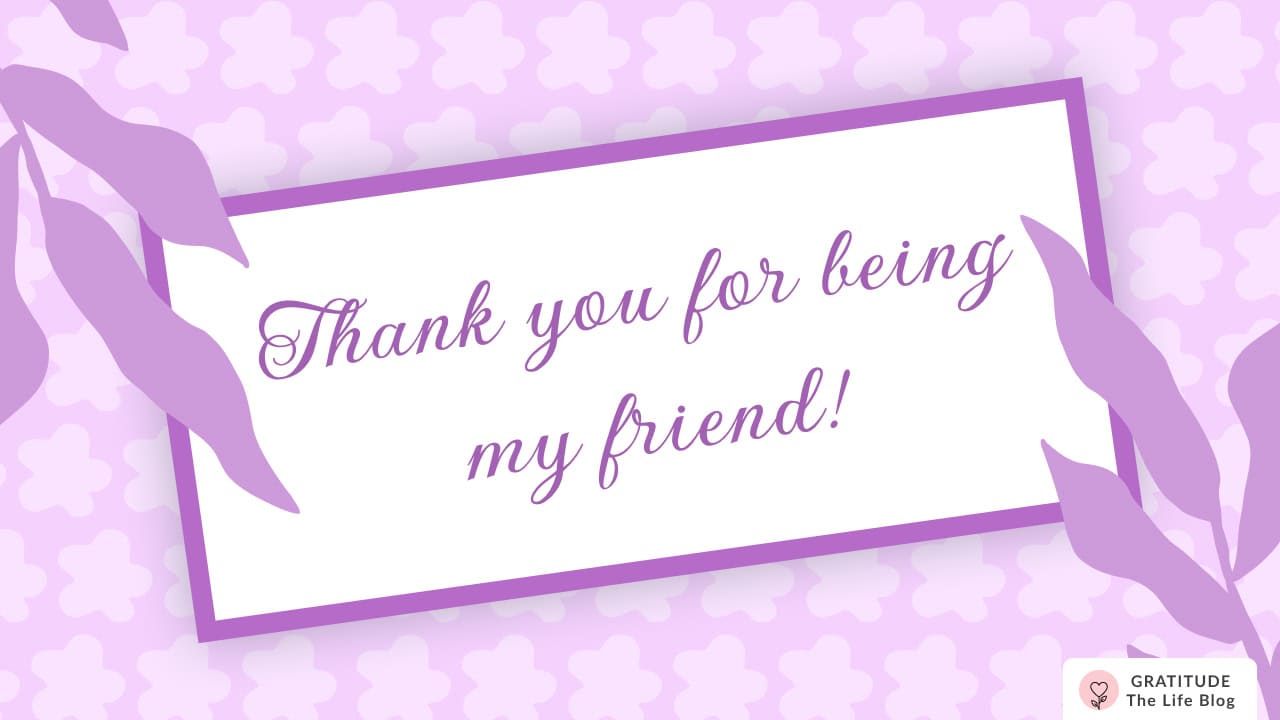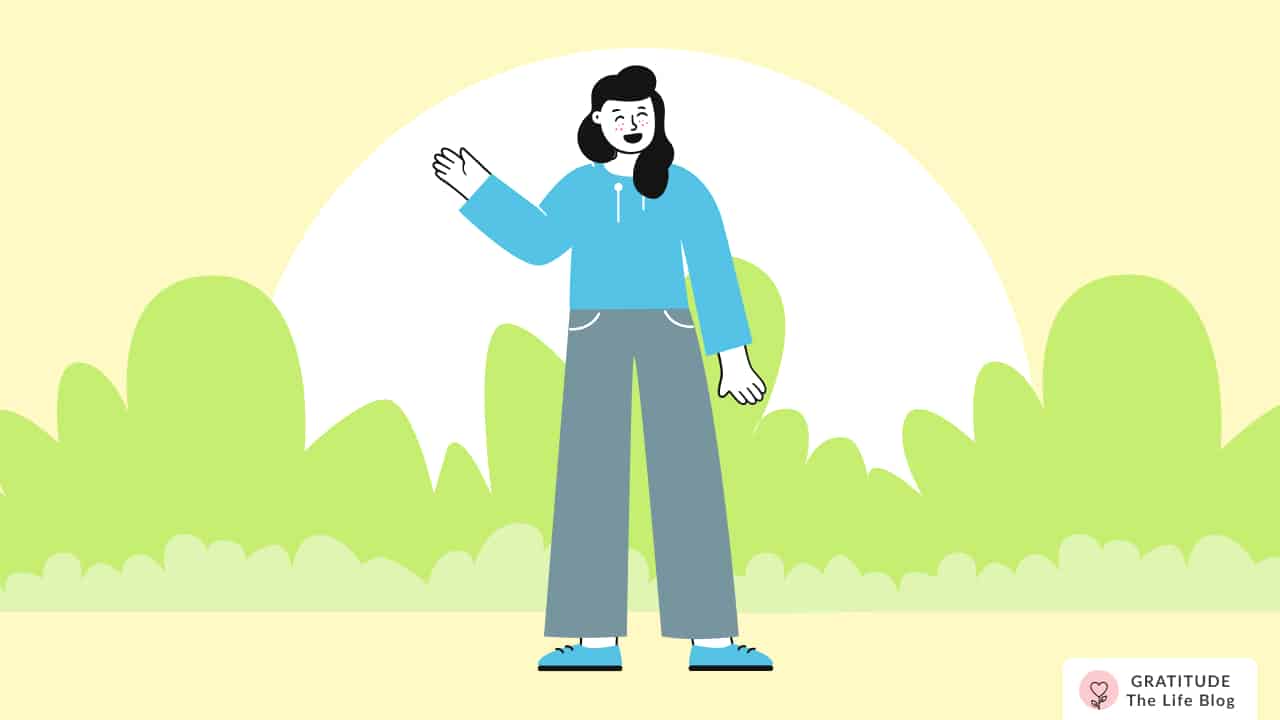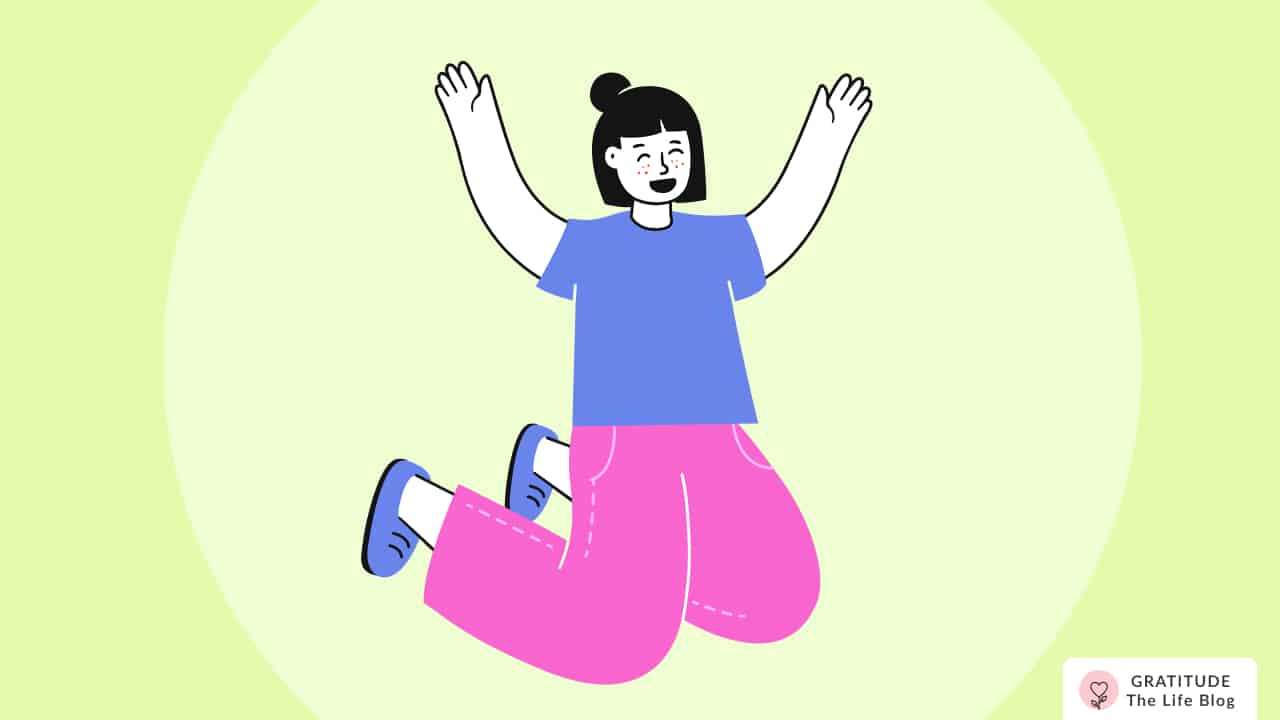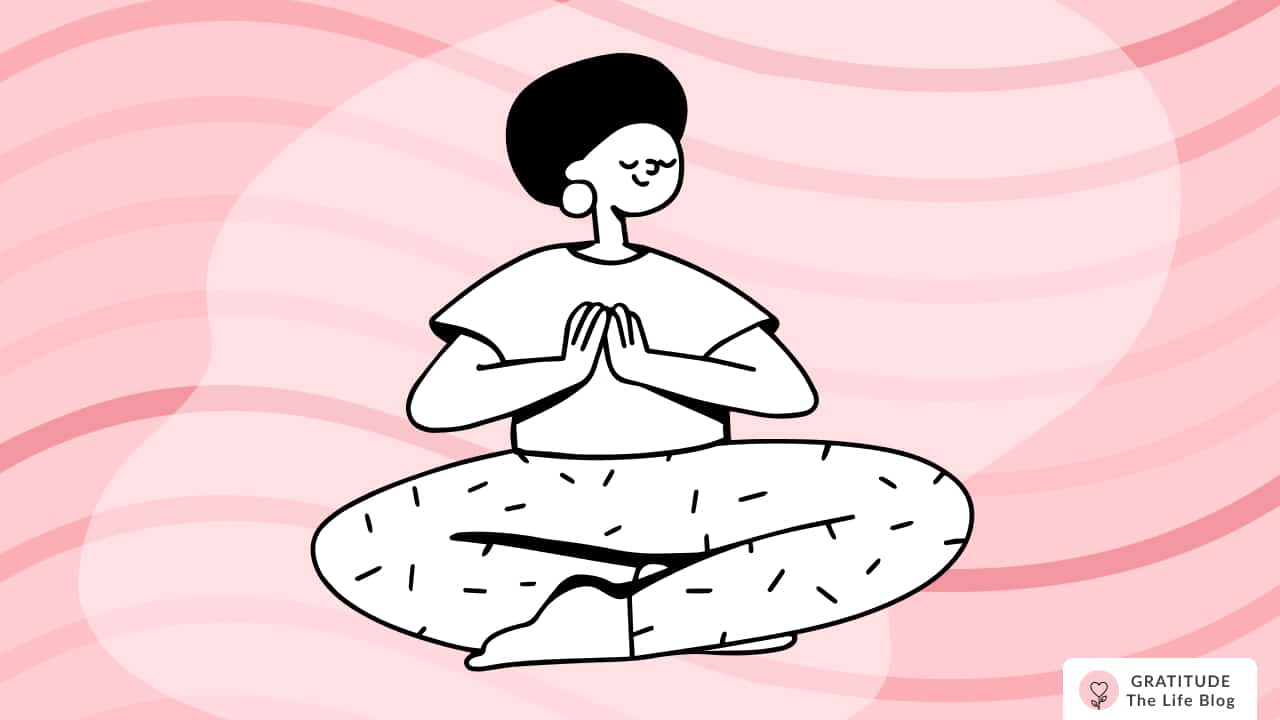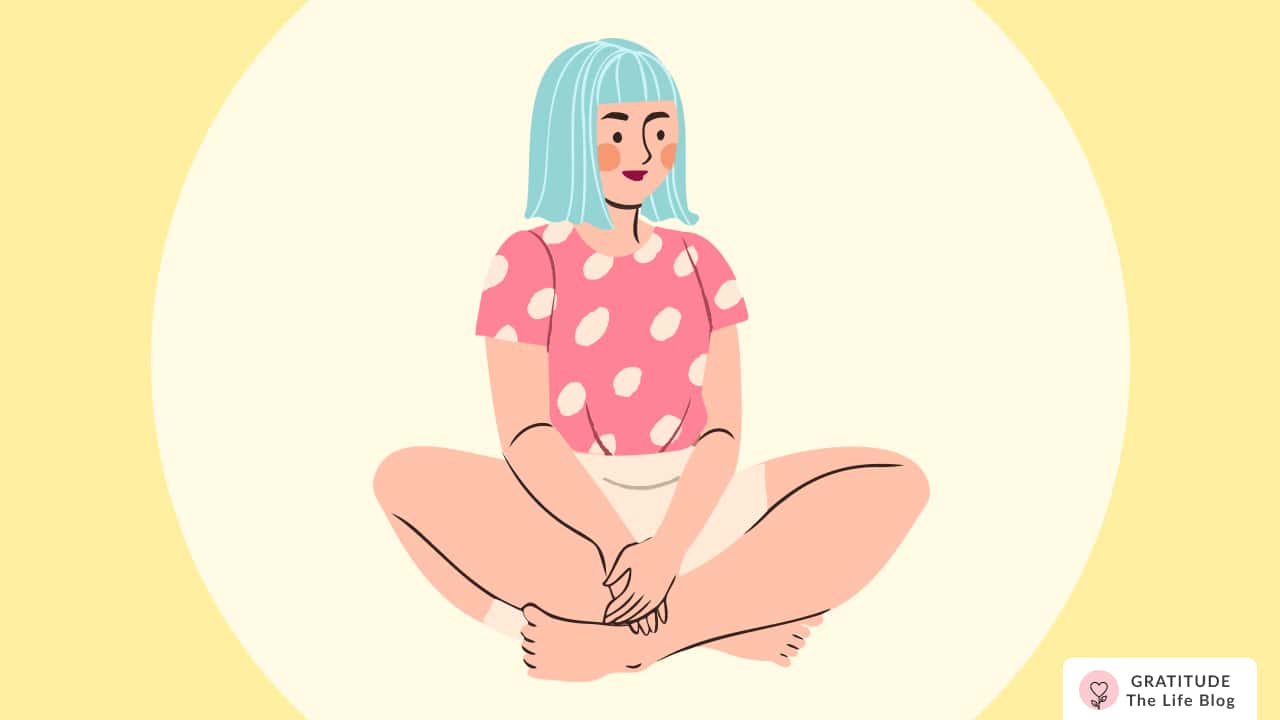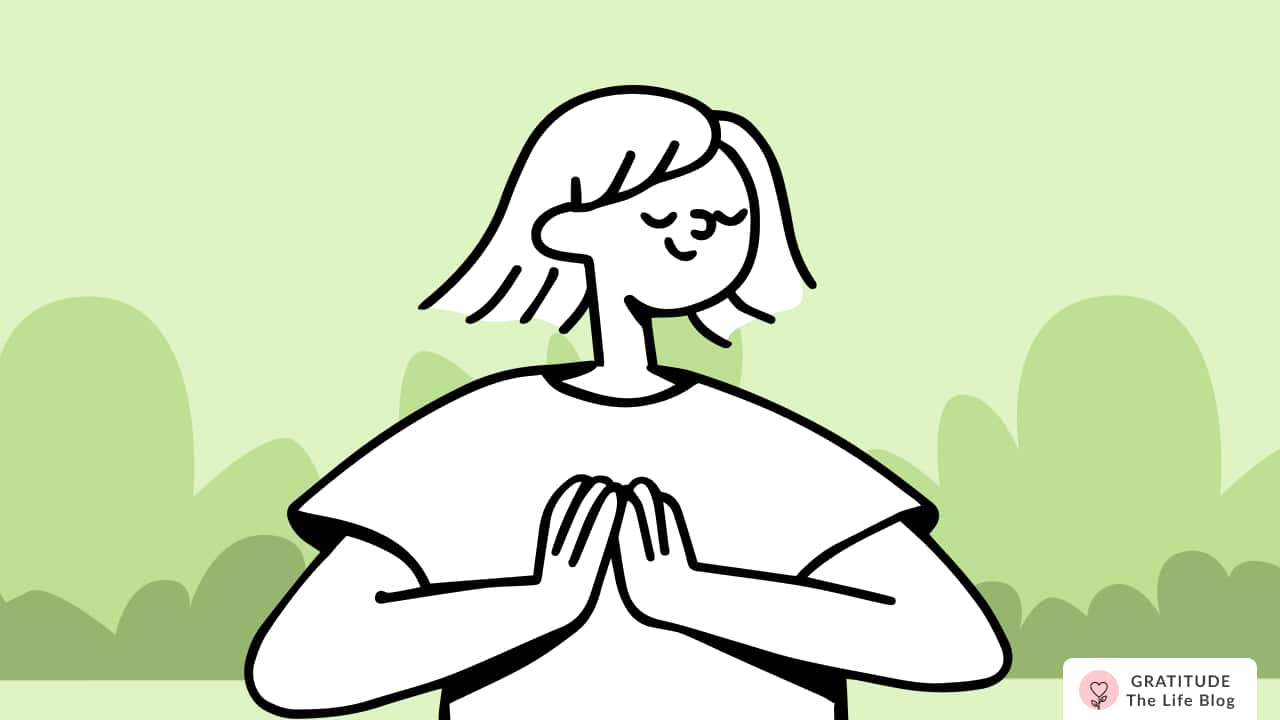14 Real Ways to Show Compassion to Others and Yourself
Let's build a compassionate world together!

“There is no small act of kindness. Every compassionate act makes large the world.”
– Mary Anne Radmacher
I’ve been thinking about compassion a lot lately. I think it is one quality that sums up a lot of what gives direction in my life, what motivates my choices and actions. Compassion.
I’ve often been advised to not go so deep into things when I talk about animal welfare, issues with fast fashion, or reducing the amount of waste we throw away mindlessly.
To others, it seems that these problems are so omnipresent and deeply rooted that no action can ever have any impact and it’s a waste to make myself suffer for them. I am asked to take it easy and not trouble my life.
But, all of this hails from compassion. If I can’t solve a problem fully, I can still solve some of it. Why think in an all-or-nothing framework? Each act counts. Each sacrifice counts. Each life counts. Each act of compassion counts.
What is compassion?
The definition of compassion, according to the Merriam-Webster Dictionary, is the "sympathetic consciousness of others' distress together with a desire to alleviate it."
So, compassion is not only about observing suffering, it is also about wanting to reduce or end it. And, I think that’s powerful. It’s a quality that must exist in each human being on this planet.
Compassion vs Empathy
Compassion is a great friend of empathy which is the ability to understand and share the feelings of others. I will not pit these two against each other and tell you which is better, because we need both.
We need compassion and we need empathy to change the nature of the world, to change the lives of human beings and animals, to change ourselves, and restore the health of the natural world.
I see that I’m talking quite passionately about compassion, but that’s how much I believe in it. To not only look and feel someone’s suffering, but also take action to heal it is a true act of growth, not only for yourself but for the state of the world.
Each time someone shows compassion, we save the world. We might not save all of it, but that shouldn’t be our concern. Our concern must only be doing all that is in our power, the rest will take care of itself.
Alright then, now that we’ve talked about compassion, let’s talk about how to show it, to others and yourself.
“If you want others to be happy, practice compassion. If you want to be happy, practice compassion.”
– Dalai Lama
How to show compassion to others
1. Grow your awareness
Before we show compassion, we must be aware of someone’s pain and suffering. So, the first step is to open our eyes to see others and how they are, and what they’re going through.
This applies not only to the people you know, but to people around the world, animals, and the environment. Once we feel compassion, we then ask ourselves what they need and what is possible for us to do.
So, let’s not live n bubbles anymore, aware of only our problems, but let’s open up our hearts to suffer together so that we can all heal together.
2. Understand their side of the story
A very important part of compassion that helps in eliminating judgment and helps us take the right steps is to understand what someone is going through.
What is the state of their life? What might not be meeting the eye? How do they feel?
When you see someone who’s not having an easy time, take the initiative to let them know that you want to listen to them only with the intent of understanding them.
People need others to understand them more than they need them to do something about their situation.
3. Control your negative reactions
An act of compassion that must be everpresent in our communication is to learn how we respond especially when we’re experiencing negative emotions like jealousy, anger, fear, guilt, and contempt.
It often happens that in the midst of these emotions we end up lashing out or saying what we don’t really mean to. In these times, take a step back, take a deep breath, and be alone for some time to come back to a better state.
4. Appreciate them
All of us make progress in our lives in unique shapes, forms, and speeds. Most of us would say that we’re doing the best that we can. But, do most of us feel appreciated for it?
Now, I don’t mean this in an entitled, arrogant way. But, think about the mother who goes above and beyond to provide for her children.
Think about the eldest daughter who’s constantly trying to prove that she’s worthy enough to live up to expectations. Think about the husband who’s trying to be the best for his spouse, day in and day out.
Do you know anyone like this? Can you think of people in your life that you can appreciate? This small act of compassion would take a minute of your time and might turn out to be exactly what this person was waiting for for a long time.
5. Ask them what they need
A very simple and direct way to show compassion to someone is to ask them what they need. Sometimes people want to tell what they want to receive and giving them the chance to express that shows respect and care.
Of course, we must proactively help people but when it seems that what they want isn’t something you have figured out yet, communicate that with them.
Let them know that you want to be there for them and that you need them to tell you how you can do that without causing them any more trouble.
6. Choose your words wisely
This should be needless to say, but I’ve seen far too many bad examples so let me make it a point. When someone is going through a rough time, be very careful with the words that you speak.
Don’t try to pretend that you already know why they feel so, or what is going to help them. Don’t invalidate their suffering or offer ridiculous advice like, “Just choose to be happy” or “Stop thinking about this”.
Also, don’t use humor unless you really know it will make them feel better. It can go down in quite an insensitive way too.
The best way is to listen without judging, validate their feelings, let them know that you’re there for them, and offer the appropriate help in that situation.
7. Support them
People have dreams. People have ideas. People have choices.
Although we may not agree with each other the whole time, we must know that each person is independent and deserves to experiment, learn, and shape a life with their own lessons.
So, when someone is vulnerable with you about what they’re thinking of doing, and you think it’s not a great idea, don’t shove it down.
Yes, tell them what you think about it, but in a kind way, sharing that you’d support them whichever choice they make.
This applies not only to big ideas but little things too. Support someone when they try a new recipe, start a workout challenge, try new makeup, cut their hair, or do other things.
To be the kind of person who celebrates others’ lives is a beautiful feat.
How to show compassion to yourself
1. Take care of your health
The very step in showing compassion to yourself is to take care of your health, in little and big ways.
We tend to get so busy with work or family that our health goes to the backburner. But, it’s the important thing in life. It is what supports life.
So, drink water regularly, take breaks, stretch, breath deeply, give time to yourself, eat healthily, meet your friends, stay close to your hobbies, and take care of your health.
2. Treat yourself like a human being
What is with all these extreme expectations? What is with our guilt related to rest? Why do we feel so guilty about failing sometimes?
Let’s remember that no matter how much we read and how wiser we grow, we’re still human beings.
We will need to rest, we will not always make the right decisions, we cannot function at our highest all the time, and we want to feel loved. Let’s live simply.
3. Let go of what isn’t good for you
Be it bad habits, or resentment for someone in your past, be it a stressful, unhealthy job, or comparing to other people, let go of what harms your peace.
In the long run, people often regret wasting time on what never really mattered. So, what do you need to let go of?
Recognize what you’re going through and take steps to help you overcome it.
4. Adopt healthy practices
Things like gratitude journaling, positive affirmations, meditation, therapy, morning walks, work-life balance, distancing from social media, volunteering, being in nature, reading uplifting content, and more, really do have a positive impact on us.
What interests you? Maybe you already tried something, felt good, but didn’t stick with it. But, you deserve to feel peaceful and healthy.
Try these practices and build a healthy routine around them. It doesn’t have to be fancy or too heavy.
Even if it’s just about deep breathing and writing what you’re grateful for regularly, it’s a great step forward.
5. Grow and forgive yourself
A lot of us carry the weight of the past. Maybe we don’t like what we did before, maybe something didn’t work out how we wanted it to, maybe we didn’t listen to the right people, or something else.
But, now we’ve grown, we’ve learned, and we’re doing better. So, it’s time to forgive ourselves.
And even for small things, we resent ourselves so much. Maybe we had a little awkward conversation, maybe someone saw us stumble on a stone, maybe we asked someone for help.
No one in this world does everything perfectly. We all learn from mistakes, experiences, and other people. Let’s embrace that.
6. Talk to yourself kindly
What are the words that you choose for yourself? Are you kind, understanding, and human, or are you harsh and critical?
What you say to yourself matters because it is the foundation of your relationship with yourself.
To show compassion to yourself, talk to yourself kindly.
Here are some positive affirmations (positive statements in response to yourself, your actions, or a situation) that can help you move toward a compassionate way of talking to yourself:
- I love myself just as I am today.
- I choose to be kind to myself.
- I am my own best friend.
- It is natural for me to love myself.
- I am grateful to be the person I am.
- I love each part of myself.
- I honor my life.
- I appreciate all the ways that I am unique.
- I accept my awesomeness.
- I love who I am.
- I am calm and relaxed in all situations.
7. Love and accept yourself
Self-acceptance is embracing yourself just as you are. There are no conditions attached. You accept yourself fully. It’s really important to bring in our lives because we are choosing to live.
And, in every moment of life, we are with ourselves. Imagine if you had to be with someone every single second, a person that you don’t accept, let alone love, it wouldn’t be so pleasant, right?
Now imagine not accepting yourself. If self-acceptance isn’t there, the quality of our life diminishes.
So, make the choice of loving and accepting yourself every day, in every moment. You deserve it, and you will become a better person because of it.
And, that's it! This is what compassion is about, and how we can show it to others and ourselves.
If you found this helpful, share it with your friends and family. I wish you the very best!
💗 Continue Reading: 7 Ways to Be a Good Friend to Yourself From Today









